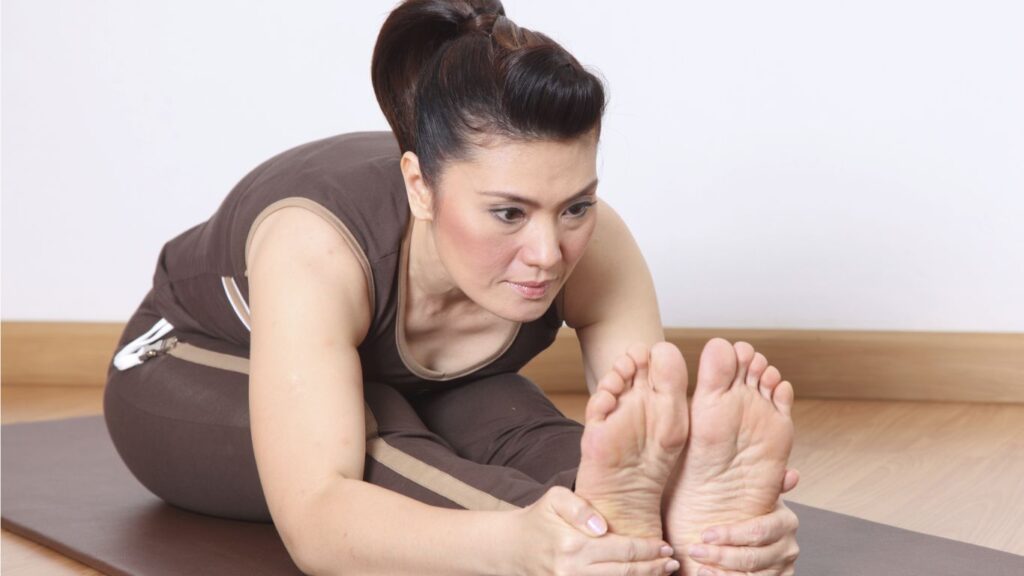In today’s fast-paced world, stress is an almost constant companion for many of us. The demands of work, family, and daily life can leave us feeling overwhelmed and anxious. Fortunately, there’s a powerful tool at our disposal to combat stress: exercise. Physical activity has long been recognized as a natural and effective stress reliever. But not all exercises are created equal when it comes to reducing stress. In this comprehensive guide, we’ll explore the best types of exercise for stress relief and how they can help you find your Zen in the midst of life’s chaos.
Finding Your Zen: The Best Types of Exercise for Stress Relief
Understanding the Stress-Exercise Connection
Before we dive into the specific types of exercise, let’s take a moment to understand how exercise and stress are interconnected. When we experience stress, our bodies release cortisol, a hormone associated with the body’s “fight or flight” response. While this response is essential in emergency situations, chronic stress can lead to elevated cortisol levels, which can have a detrimental impact on our health.
Exercise, on the other hand, has the opposite effect. It triggers the release of endorphins, often referred to as “feel-good” hormones. These endorphins act as natural painkillers and mood elevators, helping to counteract the negative effects of stress. Additionally, physical activity promotes better sleep, reduces muscle tension, and increases overall feelings of well-being, all of which contribute to stress relief.
Now that we understand the science behind it, let’s explore the best types of exercise to find your Zen.
Yoga: Mind-Body Harmony
Yoga has gained immense popularity as a stress-relief tool in recent years, and for good reason. It combines physical postures, controlled breathing, and meditation to create a harmonious mind-body experience. Here’s why yoga is an excellent choice for stress relief:
- Mindful Movement: Yoga encourages you to focus on the present moment, promoting mindfulness and reducing mental chatter.
- Relaxation Response: Practicing yoga triggers the relaxation response in your body, lowering heart rate and blood pressure.
- Stress Reduction Hormones: Yoga stimulates the release of GABA, a neurotransmitter that has an anti-anxiety and calming effect.
- Improved Flexibility: Stretching and flexibility exercises can alleviate muscle tension, a common physical symptom of stress.

Tai Chi: The Flowing Meditation
Tai Chi is often described as “meditation in motion.” This ancient Chinese martial art involves slow, flowing movements and deep, mindful breathing. Tai Chi offers several stress-relieving benefits:
- Stress Reduction Through Movement: The gentle, rhythmic movements of Tai Chi promote relaxation and reduce tension.
- Mindfulness and Meditation: Tai Chi cultivates mindfulness, allowing you to let go of stressors and focus on the present.
- Improved Balance: By enhancing balance and coordination, Tai Chi helps reduce the risk of falls and injury, which can be a source of stress.
Aerobic Exercise: Get Your Heart Pumping
Aerobic exercise, including activities like jogging, swimming, and dancing, gets your heart rate up and increases blood flow. While it may not seem as calming as yoga or Tai Chi, aerobic exercise has its own set of stress-reducing benefits:
- Endorphin Release: Aerobic exercise triggers the release of endorphins, leading to an improved mood and reduced stress.
- Stress Hormone Regulation: Regular aerobic workouts can help regulate cortisol levels, keeping stress hormones in check.
- Improved Sleep: Better sleep is a natural outcome of regular aerobic exercise, further enhancing stress relief.
Meditation: Exercise for the Mind
While not a physical exercise in the traditional sense, meditation is a powerful practice for stress relief. Meditation comes in various forms, including mindfulness meditation, loving-kindness meditation, and transcendental meditation. Here’s how meditation can help you find your Zen:
- Mindfulness: Meditation encourages mindfulness, allowing you to observe your thoughts without judgment and reduce stress-inducing rumination.
- Relaxation Response: Similar to yoga, meditation triggers the relaxation response, promoting calmness and reducing stress.
- Emotional Regulation: Meditation can improve emotional regulation, helping you better manage stress and anxiety.

Strength Training: Building Resilience
Strength training exercises, such as weightlifting and bodyweight workouts, can be surprising allies in stress relief. Here’s why incorporating strength training into your routine can help:
- Physical Resilience: Strength training builds physical resilience, making your body better able to handle stress and its physical manifestations.
- Increased Confidence: Achieving fitness goals through strength training can boost your self-esteem and overall sense of well-being.
- Stress-Relieving Distraction: Focusing on your workout routine can provide a much-needed break from daily stressors.
Finding Your Ideal Mix
While each of these types of exercise offers unique benefits for stress relief, the best approach is often a combination of different activities. For example, you might incorporate yoga for mindfulness and relaxation, aerobic exercise for endorphin release, and strength training for physical resilience. The key is to find a mix that suits your preferences, schedule, and individual needs.
Practical Tips for Incorporating Stress-Relieving Exercise
Now that you understand the best types of exercise for stress relief, here are some practical tips to help you incorporate them into your life:
- Set Realistic Goals: Start with achievable goals and gradually increase the intensity and duration of your workouts.
- Create a Routine: Consistency is key. Establish a regular exercise routine that fits your schedule.
- Find Joy in Movement: Choose activities you enjoy to make exercise a pleasurable experience, not a chore.
- Practice Mindfulness: Whether it’s during yoga, Tai Chi, or meditation, focus on being fully present during your exercise sessions.
- Listen to Your Body: Pay attention to your body’s signals. Rest when needed and seek guidance from a fitness professional if you’re unsure about proper form or technique.
- Mix It Up: Variety can keep things interesting. Alternate between different types of exercise to prevent boredom.
- Join a Group: Consider joining a class or group that shares your exercise interests. Social support can boost motivation and reduce stress.

Conclusion
Exercise is a powerful tool for finding your Zen and managing stress in your life. Whether you choose yoga, Tai Chi, aerobic exercise, meditation, or strength training, the key is to make physical activity a regular part of your routine. By understanding the unique benefits of each type of exercise and tailoring your approach to your individual needs, you can harness the stress-relieving power of movement and embark on a journey toward a calmer, more balanced life. So, take that first step today, and let exercise guide you toward a life of greater tranquility and well-being.
Also read: The Power of Transcendental Meditation: A Deep Dive
